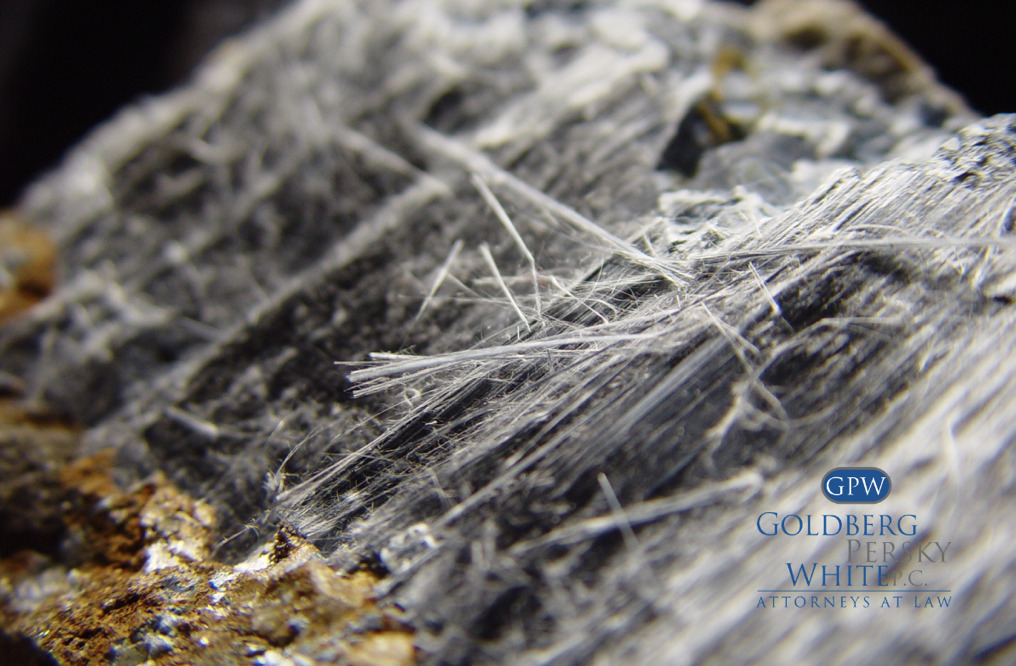Recent verdict raises talcum powder concerns
Earlier this week, Johnson & Johnson was held responsible for failing to disclose talcum powder could cause ovarian cancer and ordered to pay $72 million in damages to the family of a woman who died of the cancer.
For decades, Jacqueline Fox used Johnson & Johnson’s talc based products, including Shower to Shower and Baby Powder. Three years ago, she received an ovarian cancer diagnosis after 35 years of using the products for feminine hygiene.
Although Johnson & Johnson remain firm on its stance that the products are not harmful to the health of the customers, many are fearful and believe the company’s products can lead to dangerous diseases and even death, but what is the truth?
The debate about the cancer causing properties in talc has continued for decades with no clear answer. Talc can contain asbestos, a known carcinogen, in its natural form, making asbestos-containing talc “carcinogenic to humans.” Regulations in the 1970s banned talcum powder that used asbestos because of the danger it presented.
Unfortunately, there isn’t as clear a connection with asbestos-free talc. Because it is a mineral composed of magnesium, oxygen and silicon, it can create a higher risk of lung cancer for talc miners and others who are exposed to high levels of natural talc fibers. Another major concern is for women who use it regularly in the genital area and if it contributes to the development of ovarian cancer.
To find an answer about the connection between talcum powder and ovarian cancer, both studies in the lab and studies in people have been conducted to determine if its use is dangerous.
Past lab studies have exposed lab animals such as mice, rats and hamsters to asbestos-free talc but received mixed results, with someone growing tumors and others showing no response. Studies of women who were diagnosed with ovarian cancer and used talcum powder received similar results.
The nature of the study creates a bias in relying on remembering how much talc was used years prior, which can vary from actual, historical use. Case-control studies have found a small increase in risk, but two cohort studies, completed without bias, didn’t find any chance of increased risk while other recent studies are beginning to show a connection.
Because of the mixed results, it is challenging to determine whether or not women who used talcum powder are at a higher risk of developing ovarian cancer. Despite this, the lawsuits continue because plaintiffs allege companies, including Johnson & Johnson, knew about the potential risks for more than 30 years, yet the products aren’t labeled to address these chances.
If you consistently used talcum powder for years and were diagnosed with ovarian cancer, please contact us immediately.
Sources
- American Cancer Society, “Talcum powder and cancer,” Learn About Cancer (Nov. 21, 2014). [Link]
- Peterson, “People are afraid to use Johnson & Johnson products after a jury ordered it to pay $72 million over a cancer death,” Business Insider (Feb. 24, 2016). [Link]
- Reuters, “Court orders Johnson & Johnson to pay $72M in talcum powder ovarian cancer case,” (Feb. 24, 2016).
- Watterson, “Can talcum powder really cause ovarian cancer?” IFL Science (March 7, 2016). [Link]



